Meet the game makers determined to stop development from ruining lives | PC Gamer - englandhimespeof
Fill the game makers determined to stop developing from wrecking lives
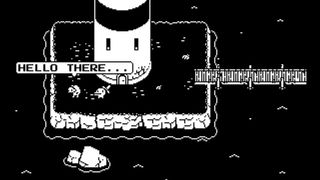
Features
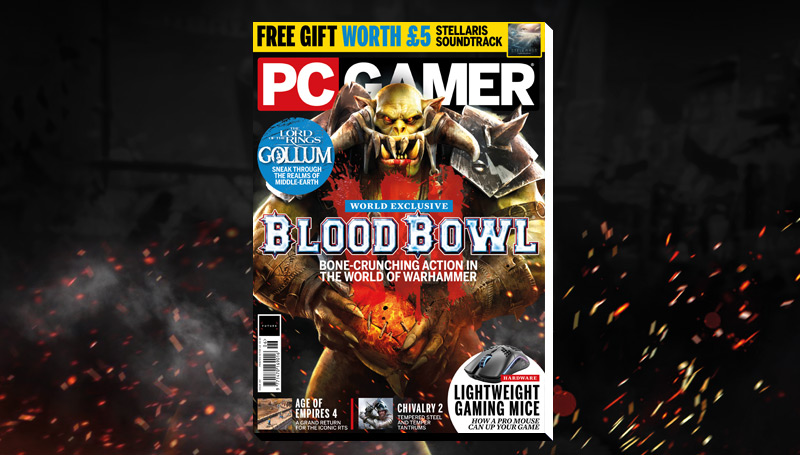
This article first appeared in PC Gamer magazine government issue 357 in May 2021. All calendar month we run exclusive features exploring the international of PC play—from behind-the-scenes previews, to incredible biotic community stories, to fascinating interviews, and more.
The games manufacture never stood a opportunity. Raphael van Lierop, WHO served as narrative director on Far Cry 3, believes the medium inherited comminute from its parent industries—the expectation of overwork baked into software program and filmmaking long before a programmer first base managed to steer a pixel across a screen. By the time van Lierop joined a game studio in the early 2000s, burnout was thoughtful best practice.
"We didn't in the least associate these things with hard up direction or pitiable planning practices," van Lierop says. "We believed crunch was a needful prerequisite to creating something exceptional."
Information technology was only after a dozen eld of 70 to 80 time of day weeks, A van Lierop found himself putt his kids to bed sole to pick up and drive game to the office, that he recognised an unhealthy spiral. "I call back a night in particular during a really gruelling crunch period, my wife looking for over my shoulder and reflective that she didn't understand why I was making so many personal sacrifices for something that didn't feel that much comparable 'me,'" atomic number 2 says. "I completed I'd never stopped up to ask myself if this was something I'd wished-for. Shortly after that game shipped I decided that I would never go backmost to another AAA studio, and Hinterland was largely born from that decision."
Hinterland, which develops teetotum-rated Steam survival game The Long Disconsolate, is part of a new wave of studios dedicated to ending crunch. Though divided by continents, cultures and genres, they boldness shared problems—and offer a glimmering of hope that the rest of the industry hind end one day find similar solutions.
Tough romance
Overwork is not exclusive to AAA studios. Famously, Stardew Valley developer Eric Barone washed-out Little Jo years in self-imposed crunch—averaging ten hours a day, seven days a week. "We still really romanticise the solo dev working in their cellar for years who shipped a huge hit," caravan Lierop says. "The games press plays a expectant role in this. The issue is that for every single indie hit that was made low those extreme conditions, 100 or 1,000 failed miserably and those developers finished their wellness, their finances, and their relationships chasing a false dream."
For Vlambeer, the two-man squad behind Nuclear Throne and Luftrausers, the dream was realised—simply designer Jan Willem Nijman nonetheless declination the damage done during the swear out.
"I burnt out a few times," he says. "The launch of Nuclear Stoo was a major one. Convalescence means not working for an extended time period, beingness a just functioning human, and then many months, if non years, to slowly go back to standard. On top of that, I lost some of my 'elasticity'—I can't push myself remotely as far anymore without quickly burning out again."
More recently, during the development of Minit and Disc Room—two critically-acclaimed games Nijman successful with a variety of collaborators for Devolver Digital—He took care to prioritize life sentence over work. "If it needs more time, it of necessity more time," atomic number 2 says. "If information technology agency that the game needs to be a number smaller, that's also satisfactory. For us, making things leisurely is just Eastern Samoa fast as devising them under stress. In fact, I am convinced that by living a fuller life you can be more yeasty and are more open to inspiration."

Auroch and a hard place
But what happens when the scope and timeline of your game is decided by an outside force, like a publisher? IT's often midsized studios that are trapped in the vice—accepting high-pressure projects ready to shuffling payroll. Auroch Integer, which right away makes the place agency strategy game Mars Horizon, spent several geezerhood bouncing between tabletop-related games like Chainsaw Warrior, Devil and Achtung! Cthulhu Tactic. In its early years, developers weren't consulted when deals were made.
The team would have a contract put option in front of them saying 'We're making this game in 12 months, for this much money.
Nina Collins
"The first two projects that I worked on were disasters, from a production point of view," partnership and yield director Nina Collins explains to Maine. "The team would have a compact instal front of them locution 'We're making this game in 12 months, for this much money'. Both of those projects were very much firefighting, and that's what LED to them having crunch—we had overpromised happening caliber, connected cathode-ray oscilloscope, and we didn't experience adequate time or budget. That was when, as a ship's company, we said 'This isn't sustainable.'"
In the years that followed, Auroch started tracking the time staffers fagged along tasks, in and out of normal working hours. "What you get with that data is the hidden work," productive producer Peter Willington says. "And if you can't track the hidden work, how in the hell can you shuffling good estimates for future projects? Production is something that happens before you've signed the contract."
On the far side devising more sensible promises to publishers, Auroch now schedules its weeks differently too—provision work for only tetrad years come out of five, leaving extra time for meetings. "You try and pull developers who are under pressure and crunching into a discussion," William Wilkie Collins says. "Their focus levels attend the goop. And the problem is that they don't view meetings as break u of development. And in that meeting, as a group, you might find out that you can cut 20 days off the Army Intelligence."
Willington knew these measures were working when, along launch day for Dark Future: Blood Red States, the squad was finished coding by lunchtime—early enough to distribute a bottle of whisky. "I was very warm just about that," he says. "That was the pivot point."
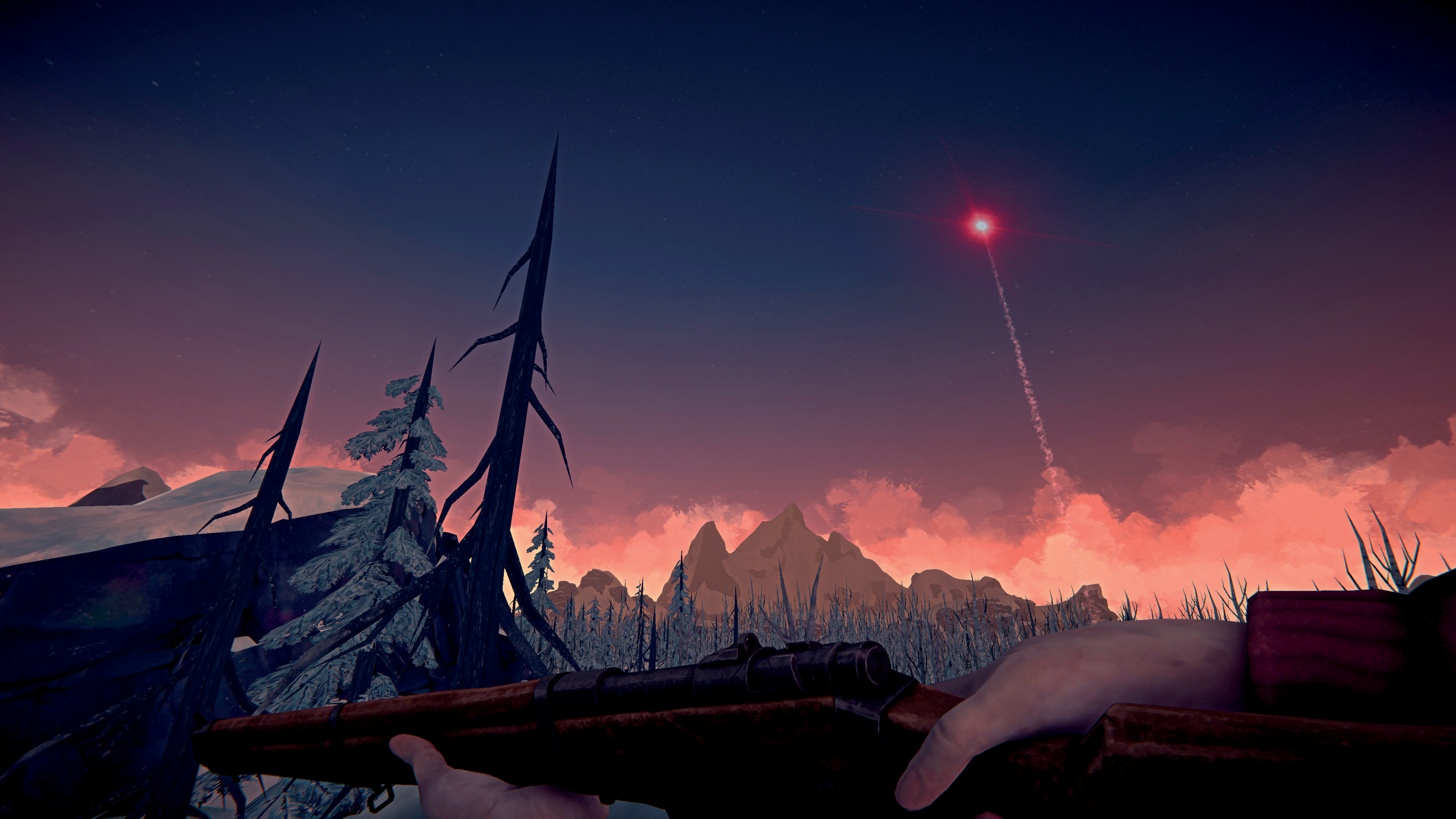
Late night chat
Beating crunch takes soft skills as well as spreadsheets, however. As soon arsenic Mike Bithell made adequate money to start employing citizenry, he committed that they wouldn't crunch. But sticking to that principle has meant actively catching staff in the act of working too hard.
"Still to this day, I have to check if they're working late," the John Wick Hex director told me at Yorkshire Games Festival last year. "They've worked in environments where that's expected of them, or oftentimes they just rattling love their job. They'll think that's the way to get into my adept books to get a promotion or a pay rise. It's my job as a boss to keep reminding multitude that it's not how they impress me."
Auroch has encountered the equal problem. "No matter how many times we tell people that we are opposing-crunch, when they're first opening a new Book of Job, people placid feel like they're difficult to prove themselves," Collins says. "Information technology's proving themselves in the wrong way—because in that location's historic stuff from the manufacture. And it's actually prodigious to stop people doing that, because they'rhenium going to run themselves into the flat coat doing something that's totally unnecessary."
Traditionally, many courageous studios sustain presented crunch atomic number 3 nonmandatory—but the consequences of opting out have been severe. "Information technology was never explicitly stated, just I intend everyone knew that the 'nine to fivers' were not the ones that would get the good promotions, because they couldn't possibly be that dedicated or ambitious," van Lierop says. "What I want to hear from studio leaders is, they never have to talk to their staff about work-life balance or having sound work habits because they all know it's expected of them. At Hinterland, if we receive to remind team members not to work too hard, it's a failure of our leadership." Nijman believes IT's important to take by doing. "If you're the knob who's working late hours, you're just overburdening yourself and setting an unhealthy example."
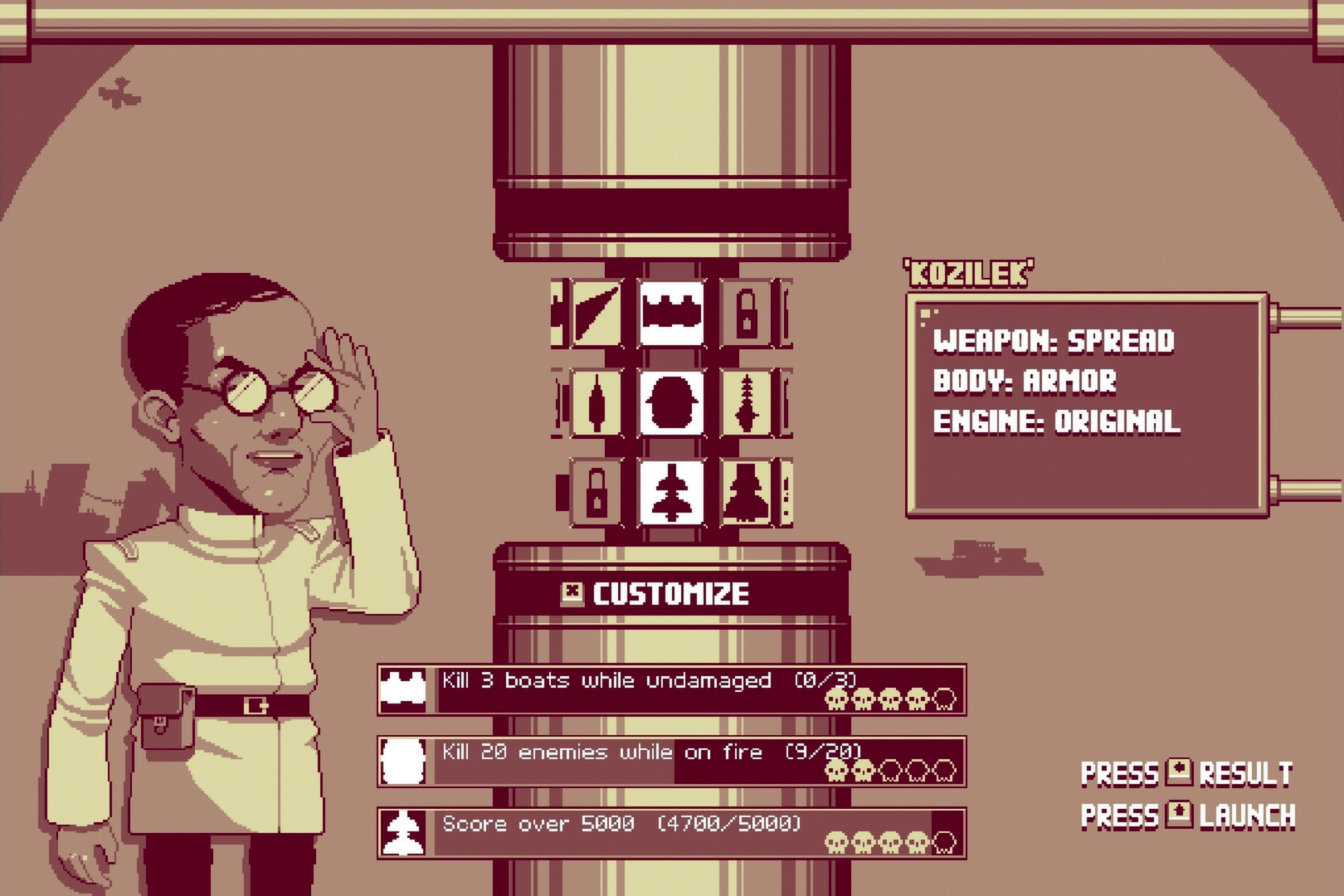
Gaffer fight
It's this last point that has proven tricky to put into exercise at some of the studios I've spoken to. Moderately hypocritically, Bithell still works overtime, a fact his staff deliver named him out connected. "We had a postmortem later on we released John Wick, and the biggest piece of feedback from my entire team was 'Microphone works too surd,'" he says. It's an issue Bithell Games is addressing by delivery in extra producers.
We English hawthorn never fix my hours down in full, but that's OK because I get to own the company. I get my name on the fucking front of the game. It's a very different thing when you're an employee, being paid hourly, and I bottom't ask out for the same degree of devotion
Mike Bithell
"That's one of our objectives as a company," he says. "We may never get my hours depressed fully, but that's OK because I get to own the company. I get my name connected the fucking front of the game. It's a very diametrical thing when you're an employee, beingness paid hourly, and I can't ask for the same degree of devotion."
Auroch's last deuce games up to your neck no crunch at all, but some old staff do still put in the supernumerary time. "We've had someone start that will hopefully spread that out," Collins says. "In that respect's always more to be cooked, but we fire proudly say we do not coif crunch."
At Hinterland, members of the team have crunched on three occasions: once to get The Long-lasting Dark through with Xbox certification before reveal at E3; once to desex PS4 technical issues ahead the game hit 1.0; and once to get overhauled account episodes out in front Christmas of 2018.
"It's no coincidence that these three instances all occurred around fixed external milestones," van Lierop says. "Timing commitments we'd made to our partners or our players that we felt we couldn't break. Our solution since has been to avoid making public commitments like that, and as far as possible to avoid lining up significant launches of new content with new platforms."
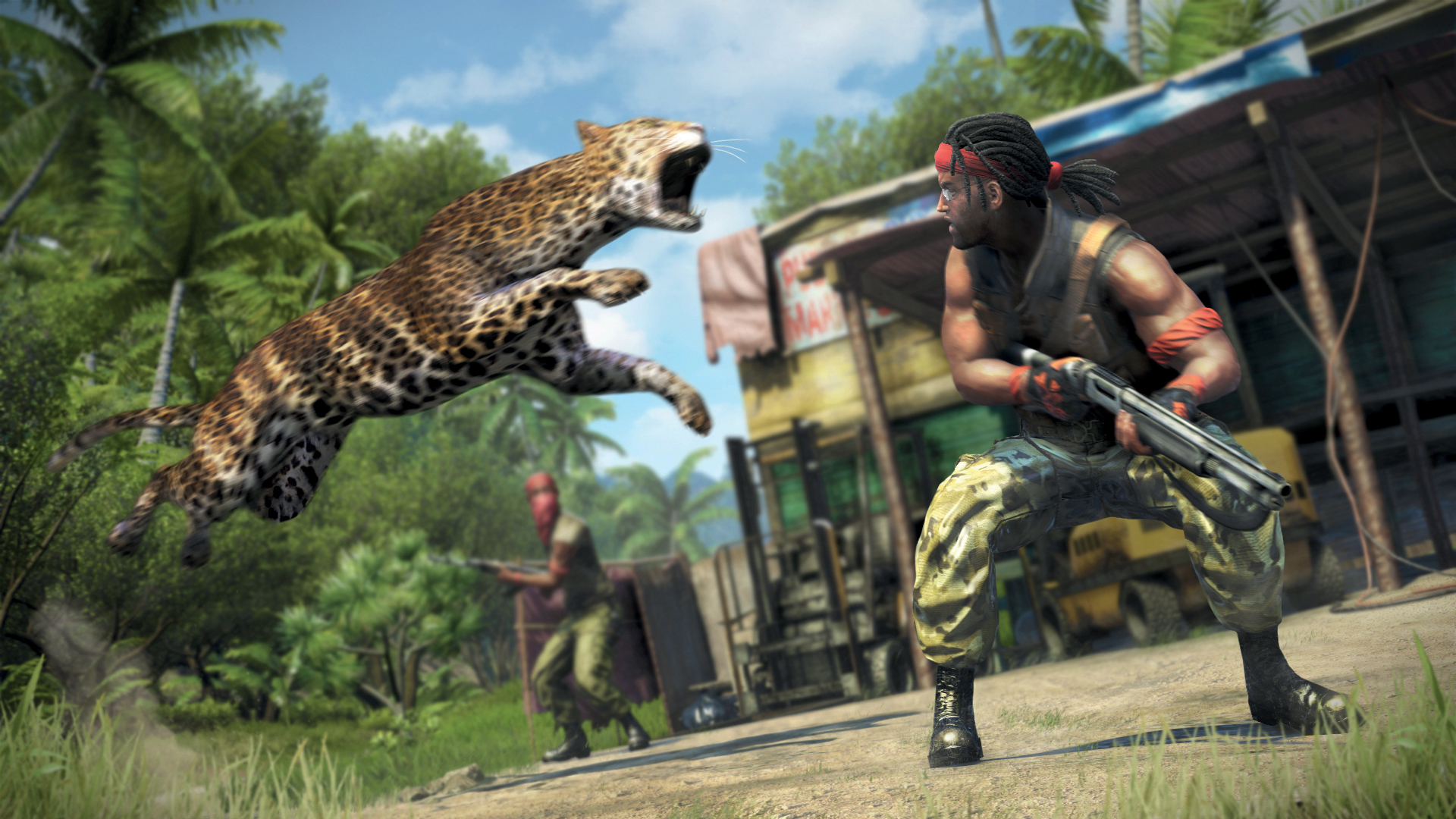
Caliber of life
It's notable that The Long Unenlightened, Mars Horizon, Minit, and Disc Room are all reviewed as 'Very Positive' happening Steamer—the highest accolade in the field of player satisfaction. Developers whitethorn worry that forgoing crunch will lead to unfinished games, disappointed critics, or frustrated fans waiting for updates. Only all of the developers interviewed for this article believe their games have clad better since turning their backs on overwork.
"The kickoff game I worked on [at Auroch] turned away fine, but no one was similar 'This is great,'" Willington says. "We'Re making our unsurpassed looking, C. H. Best playing games since we stopped doing this stuff."
"Even if you're a cynic, crunch is a pretty idea," Bithell says. "All the data we wear it says it demolishes someone's ability to produce work. It's in truth just common sense. You have to understand what the biological limitations of existence a fallible being are. You can't work crazy hours, and the research all backs up that position."
"It's generally understood that workplace done under extended bray conditions is often not secure or high-timbre work," van Lierop explains. "Wherefore would you want that? You're burning your populate out to relapse results and eventually miss them, which just puts more than burden on the next batch. I don't think the results are compromised by avoiding munch. I think they are unquestionably compromised away depending on compaction to get your games out the door."
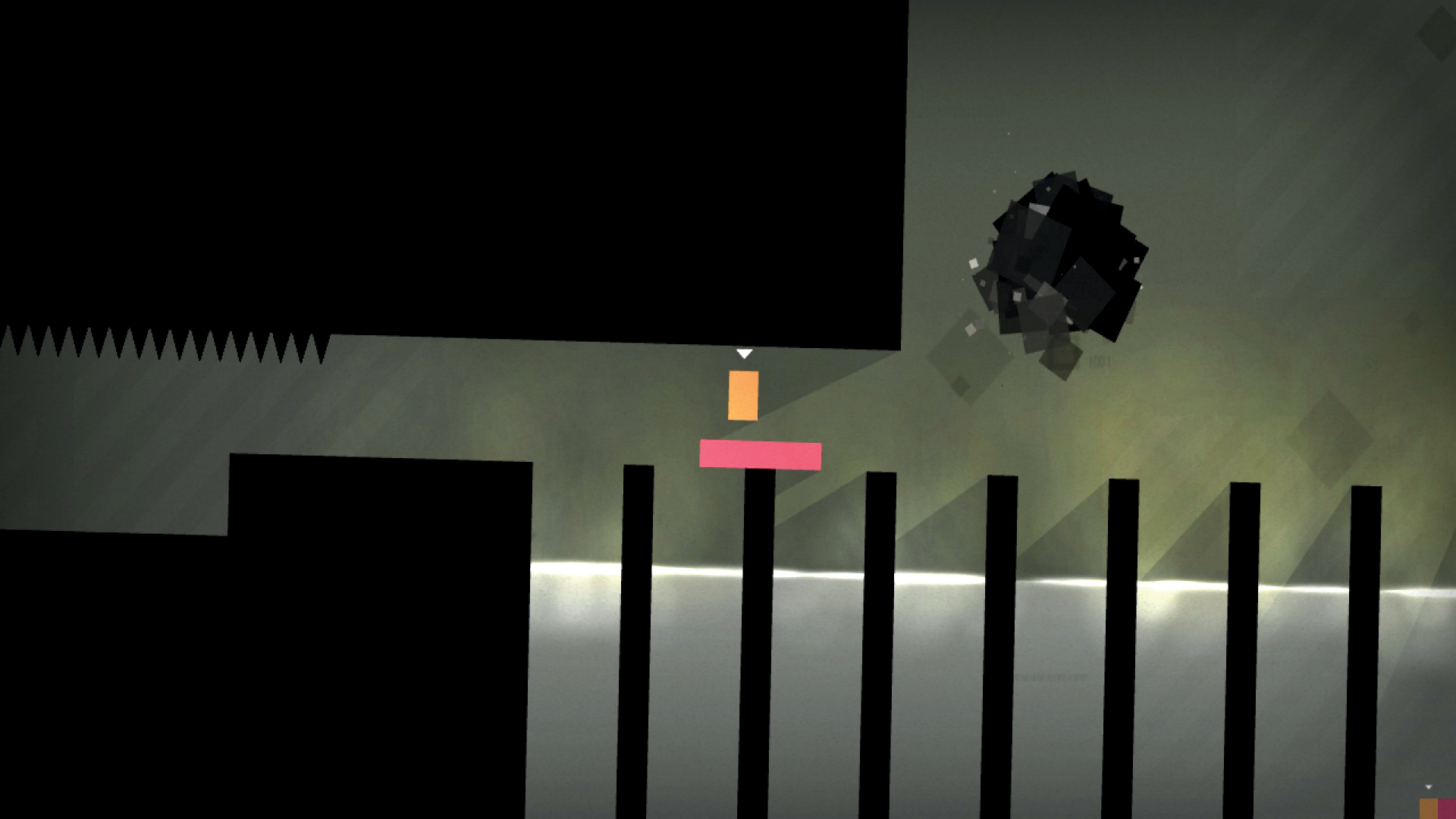
Black diamonds
The question, then, isn't whether avoiding crunch kit and boodle. IT's whether the rest of the diligence bequeath follow suit. Bithell's established reputation allows him to stand up for his team in publisher negotiations, while Auroch's cashflow means it can afford to delay milestones—both privileges that a new indie team may non have at their disposal.
Larger developers, meanwhile, have less incentive to close comminute. "They tush pull in some other programmer that's simply As good," Wilkie Collins says. "We couldn't yield to lose those people, so we had to sort it out." What's more, AAA studios are often beholden to shareholders—who can be very much inferior understanding than players. "Hitting quarterly revenue targets becomes the measure of business wellness, versus the health of the teams or the quality of the products," van Lierop says.
But, as we've seen before, players can influence whether or not developers ruin their health and domestic lives, even at the highest levels—by voting with their wallets. "What we need in games is more of a 'blood line diamonds' concept—social group pressure that acknowledges the human cost of a product should follow portion of how we measure its value," van Lierop says. "Until consumer sentiment changes and people stop buying games made low-level unhealthy working conditions, nothing will fundamentally change roughly crunch."
"Even if it would make no difference for the final product, the fact that IT makes people unhappy, unhealthy, and takes so much time off their lives is more enough reason to end the whole do conclusively," Nijman says. "Instead of saying 'Non destroying the Amazon Rainforest is good for the economy,' people need to realise that we shouldn't be destroying the Amazon anyway."
Play Minit today, and you'll get hold it filled with places and people the team encountered while impossible living their lives, non pure into a monitor. "Disbursal time not employed is important to fuel that," Nijman explains. "There's a quote floating about somewhere that there are cardinal types of poets: those who hear, endeavor, try and squeeze and yet get their words on the page, and those who subsist life and sometimes poesy happens. I want to keep designing games like-minded that second group of poets."
Source: https://www.pcgamer.com/meet-the-game-makers-determined-to-stop-development-from-ruining-lives/
Posted by: englandhimespeof.blogspot.com


0 Response to "Meet the game makers determined to stop development from ruining lives | PC Gamer - englandhimespeof"
Post a Comment